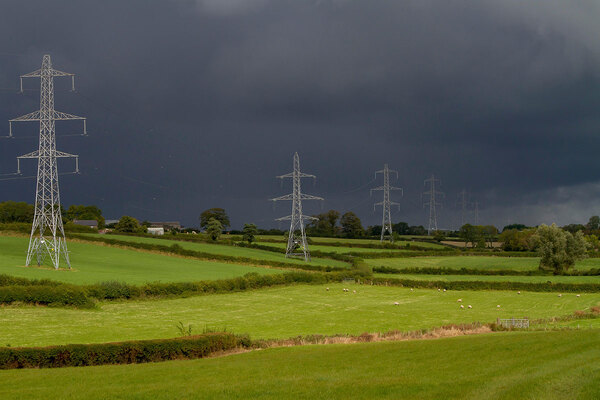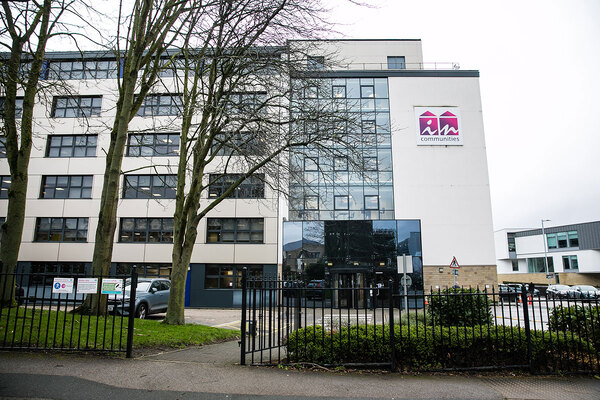You are viewing 1 of your 1 free articles
Northern Ireland landlords see turnover growth despite 21% fall in shared ownership sales
Northern Ireland’s housing association sector has reported a collective uptick in annual surplus and turnover despite a 21% drop in shared ownership sales and hike in costs.

The combined surplus of the country’s 20 landlords rose by 30% to £63.7m in the year to the end of March 2024, according to the Northern Ireland Federation of Housing Associations’ (NIFHA) annual global accounts.
Turnover increased by 7% to £453.3m, driven by inflation-related rent rises of between 5% and 10%.
The growth was also fuelled by the completion of 1,467 new homes, compared with 1,356 handovers the year before.
The country’s total housing association stock is now 60,838 – the first time the sector has hit the 60,000-home figure.
Despite the broadly positive figures, the sector and homelessness bodies have urged the Northern Ireland Executive to provide extra funding to avoid putting thousands of vulnerable people at risk.
With first-tranche sales for Co-Ownership – the provider of Northern Ireland’s version of shared ownership – removed from the results for 2023-24, underlying turnover increased by 9%.
In the latest year, first-tranche Co-Ownership sales fell by 21% to £28.3m. This came off the back of 20% fall in the 2022-23 financial year.
Overall maintenance costs increased by £4m to £46.4m, a 12% increase year-on-year.
The sector’s operating surplus for 2023-24 also increased by 20%, after a 7% drop last year, but the report said this reflected a “catch-up from 2022-23” when higher levels of inflation were not matched by increases in rent levels.
Underlying operating costs also increased, rising around 5.6% due to the growth in new housing and the ongoing impact of inflation on staffing and material costs, the report said.
A total of 1,508 new homes were started and 1,403 new social homes were completed, while 771 new homes were provided through Co-Ownership.
Seamus Leheny, chief executive of NIFHA, said: “This year, despite testing economic and operating conditions, we are delighted that the sector broke the 60,000 ceiling with 60,838 social homes now owned and managed by registered housing associations in Northern Ireland.”
He said that if the housing associations were given “adequate funding” through the Social Housing Development Programme, they would be able to deliver “more than 2,000 new homes per annum”.
“The sector accounts highlights that our members have, once again, managed their financial resources extremely efficiently, in particular their debt facilities and cash reserves, demonstrating an effective housing supply model,” Mr Leheny said.
“The ability of housing associations to both borrow and manage their finances independently, while working in partnership with the Northern Ireland Housing Executive and the Department for Communities, is one of the fundamental reasons why the sector continues to deliver.”
The accounts report found that housing associations benefited from “carrying forward a high level of fixed rate financing”.
“This has meant the sector has been able to limit its requirement to go to the lending market to arrange new financing over the last two years,” it said.
The report also found that staff retention had been an issue in 2023-24, with a drop in employee numbers presenting “potential challenges to service delivery and operational capacity within the sector”.
Sign up for our Northern Ireland bulletin
Already have an account? Click here to manage your newsletters











